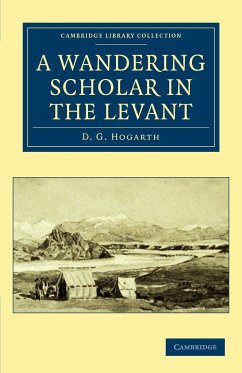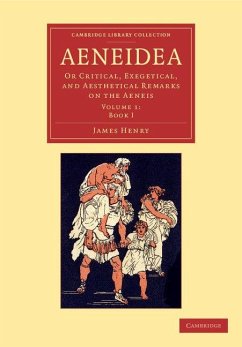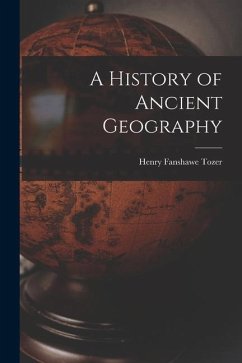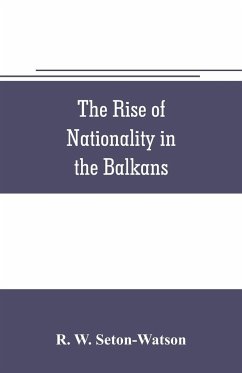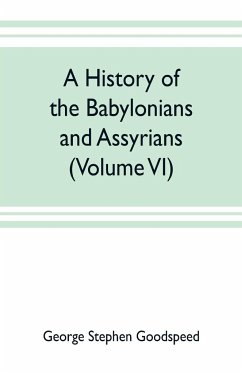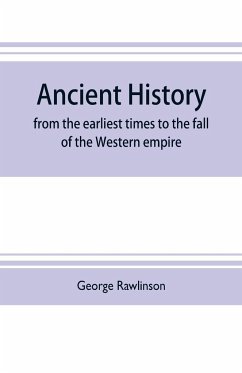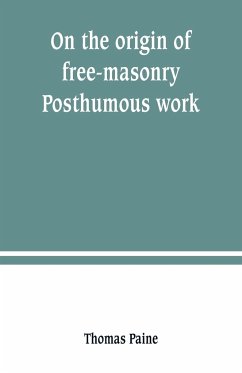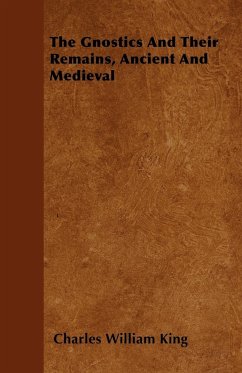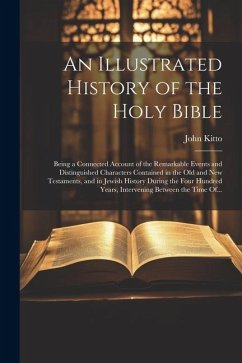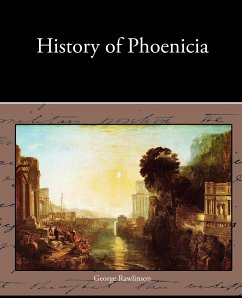
History of Phoenicia
Versandkostenfrei!
Versandfertig in 1-2 Wochen
31,99 €
inkl. MwSt.
Weitere Ausgaben:

PAYBACK Punkte
16 °P sammeln!
George Rawlinson was a 19th century scholar and historian. In 1872 he was appointed canon of Canterbury, and after 1888 he was rector of All Hallows, Lombard Street. His translation of the History of Herodotus is his most important work. Rawlinson discusses the land, the importance of the cities, the architecture, aesthetic art, industrial art and manufactures, ships, navigation, commerce, mining, religion, dress, social habits, literature, and political history,






